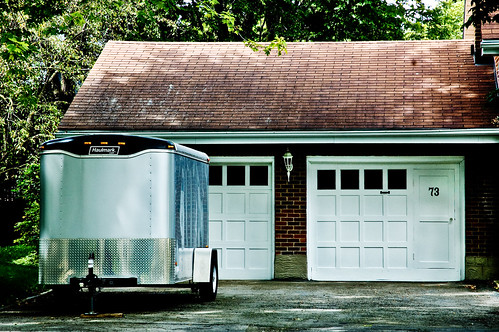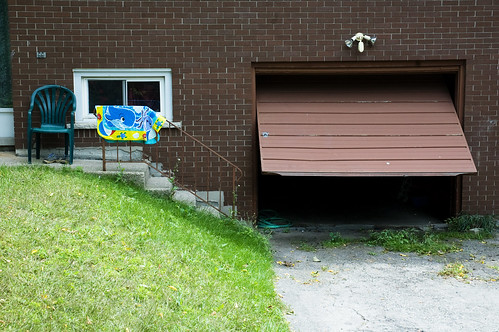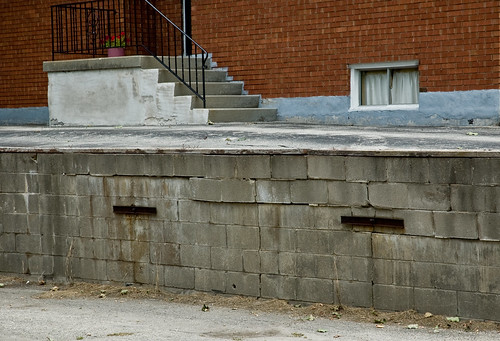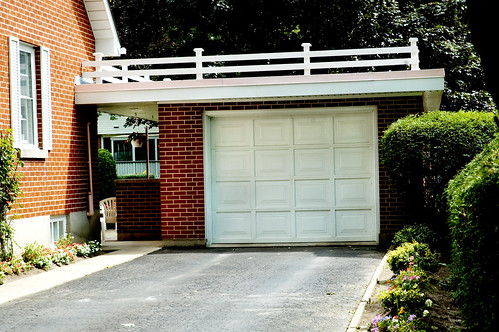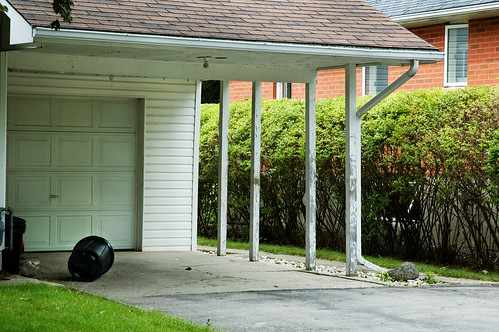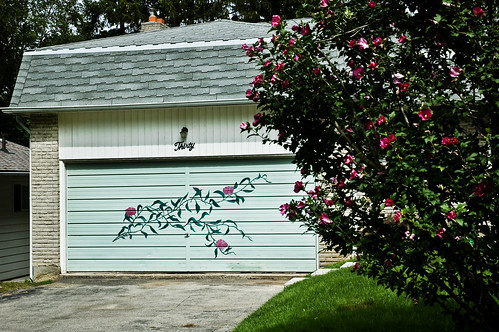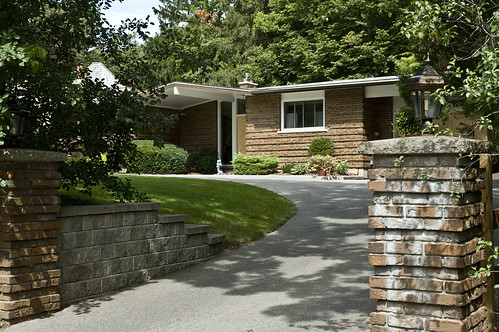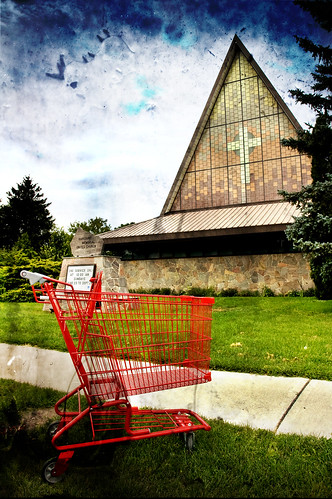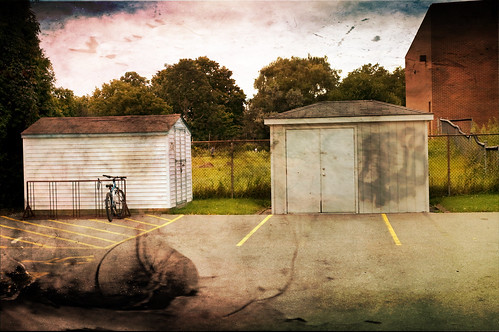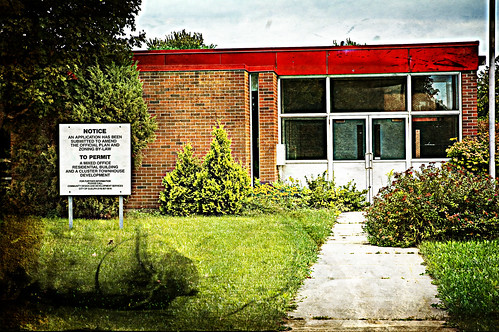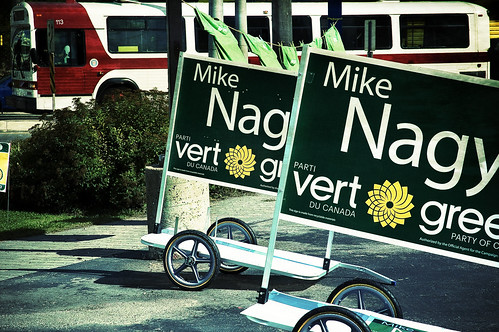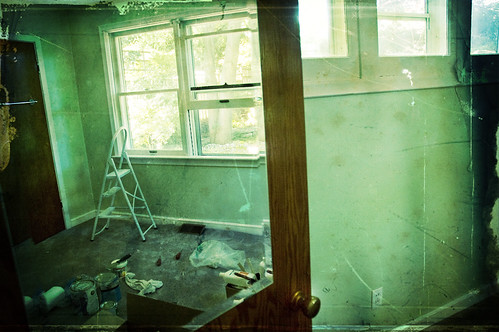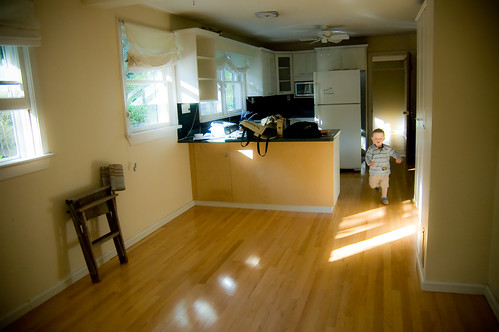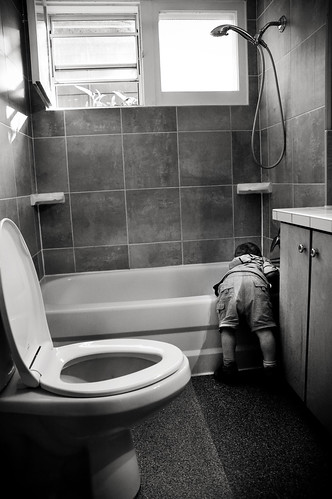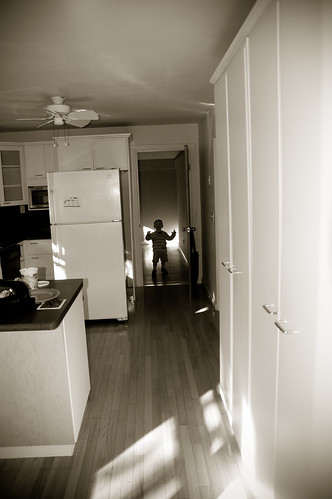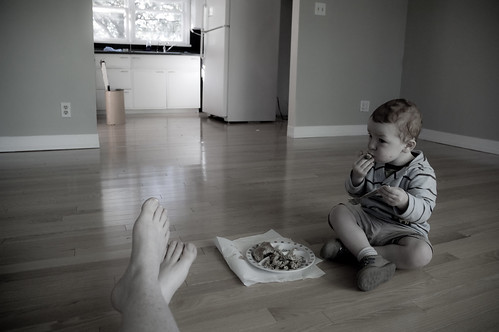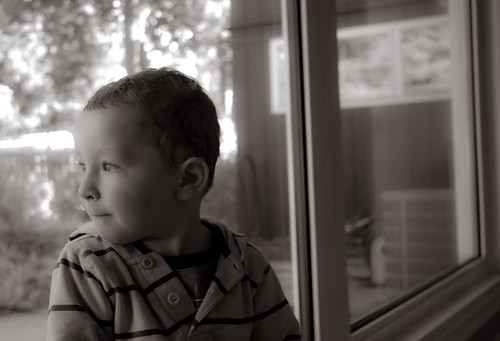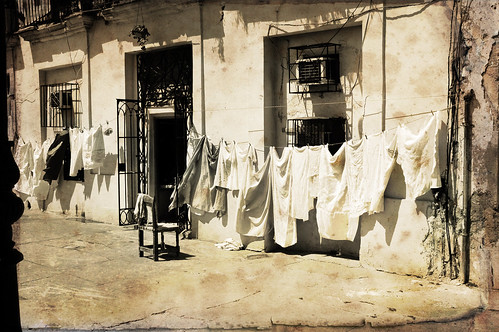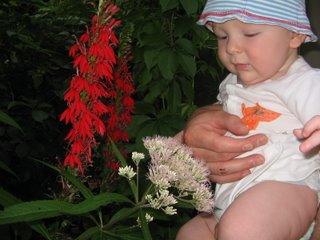I've been reading
Bird by Bird by Anne Lamott. Much of her stuff on the practice of writing and observing people resonate with me, but when she talks about creating fiction, about letting your characters drive the story, I get lost. I just don't get how that happens.
My father-in-law is a novelist, and last time we visited him I asked, "But how do you create fiction?"
He said, "Well you take real life, the things that happen to you, and you make it into legend."
This isn't a poor me post at all. I'm fine with not being able to write fiction, with not being suited to it. But I find it a fascinating shortfall, especially since I'm so fond of blogging and photography.
I love to write, I love to use words to capture or inspire emotion; I love to study people, I love to imagine what's going on with them now and what's happened in their pasts; I love finding or creating meaning in the real world. You'd think fiction would grow naturally from these passions. But I am very much grounded in the real world. It strikes me that perhaps this is why photography appeals to me so much. Photographs can be meaningful and imaginative, but they are foregrounded in some slice of the real world - or at least mine are.
In the second part of
Bird by Bird, Lamott gets into "The Writing Frame of Mind." A lot of what she says here seems relevant to photography as well. She says, "Your job is to present clearly your viewpoint, your line of vision. Your job is to see people as they really are, and to do this, you have to know who you are in the most compassionate possible sense. Then you can recognize others."
"There is ecstasy in paying attention. You can get into a kind of Wordsworthian openness to the world, where you see in everything the essence of holiness, a sign that God is implicit in all of creation."
"To be engrossed by something outside ourselves is a powerful antidote for the rational mind, the mind that so frequently has its head up its own ass - seeing things in such a narrow and darkly narcissistic way that it presents a colo-rectal theology, offering hope to no one."
On Wednesday, I decided to drop in at the Drop-In Centre. I've never gone for just a visit before; I've been too nervous. But I feel like I can't delay on my project any longer. I just have to go for it. So I stuck my camera and a couple of memory cards in my bag and headed out.
I stopped at the store and picked up a couple of locally grown cantaloupes, because I've noticed that fruit goes like wildfire whenever they're lucky enough to have some donated. I couldn't help but wonder, though, if this urge to bring fruit was really a need to position myself as benefactor so nobody would be confused about what I was doing there. Maybe I was, but I was also just seeing a simple way to bring folks a small bite of summer pleasure without taking any skin off my back. I also thought about Dirty Dancing, and if anyone asked me what I was doing there I could say, "I carried a (water)melon," and then kick myself for such idiocy after the fact.
When I arrived, Sister Christine exclaimed about the melons. She hugged me and said in my ear, "Aren't you wonderful?!" And I was so pleased and warm. Did I tell you she's being given the Order of Canada? And her response was that well, she couldn't do it without all the volunteers. Yeah, she's pretty cool.
I loitered at the counter, unsure how to approach someone, how to get comfortable. The man who's
given me grief before was behind the counter and offered me coffee. I don't drink coffee so I just poured myself some water.
"Did you come here to look at the poor people?" he asked, his friendly smile at odds with his nasty words. This is the second time he's said something like that to me and I felt awful and found-out. I froze. Why does he hate me?
I decided to go to the smoking area because I would feel less on show. If only I still smoked. I was so uncomfortable and still recoiling from that man's words. I remembered the words of the instructor at the portrait workshop I went to a while back. She said when you're working on a documentary project, you will have a point of view; you will have intention. And that point of view may conflict with the subjects' agenda for about how they want to be portrayed. You can't really tell them what your point of view is and get the images you want, so you need to be ok with what you're doing. I've been thinking a lot about that last one. You need to be ok with what you're doing.
My mind went back to Lammott's words, specifically the ones I read just before I left home: "If your deepest beliefs drive your writing, they will not only keep your work from being contrived but will help you discover what drives your characters. You may find some really good people beneath the packaging and posing - people whom we, your readers, will like, whose company we will rejoice in." ... "But you have to believe in your position, or nothing will be driving your work. If you don't believe in what you are saying, there is no point in your saying it. You might as well call it a day and go bowling. However, if you do care deeply about something - if, for instance, you are conservative in the great sense of the word, if you are someone who is trying to conserve the landscape and the natural world - then this belief will keep you going as you struggle to get your work done."
By showing up at the drop-in, I'm trying to break down imaginary walls. I want my photos to show that there is no us and them; there is only us. My conscious is clear. That man obviously feels protected by those walls of class, and every time he sees me he has to draw them around him. His words are more about him than me. Sitting on that bench in the smoking area, I asked myself if I was ok with what I was doing. Yes. Absolutely, I am. That said, that man has an
uncanny ability to voice my worst fears and anxieties about what I'm doing.
Immediately a guy I've been friendly with sat down next to me and started showing me his drawings, which he does to keep his mind off things. He starts with the date and goes from there. One page had a map of roads he used to travel in Michigan. Another had the New York City skyline. I told him I'd never been there. He said he's been all over in a car and on a train, but he's never been abroad like to Italy or France. He's never flown. We talked for a while then he moved away.
I sat alone for a few minutes wondering what next, when a woman who's agreed to let me photograph her came out. We chatted for a while and I nervously told her about what the man inside said, wondering what her perception of me is. She asked who and I described him and she said he was just an ass.
I asked her if I could shoot her now instead of the more elaborate locations we'd been considering. She asked if I already had and I laughed. I don't think I could be quite that secretive. She told me that she's been using lysol to clean her feet. She's on day three of an overnight, intensive food-cleaning endeavour. Lysol is so safe she's showered in it before. She said she needs her feet to be clean or she can't focus. And she never wants to consider herself permanently settled because she wouldn't want to miss an open door, an opportunity to go somewhere else. I took some pics and we chatted some more and she went back inside.
Later, someone said she never talks. They were surprised to hear the smart things she had to say. Now, Sister Christine's thanking me for talking to her made more sense. I felt privileged that she talks to me.
After she left I sat there feeling weird again because some people were around when I shot her. But immediately this guy commented on my camera and said he likes to take pictures too but he doesn't read or write so he just learns by doing. I'd never seen him before so I didn't feel comfortable asking for his photograph, but later I wondered if he'd felt left out.
Another man that I've been friendly with sat down and we talked for a long time. Whooee, he told me some intense shit. I don't even know where to start.
His dad tried to get him on disability when he was 23 but the government workers wouldn't even come out to see him. He wonders if maybe he'd gotten on ODSP back then if maybe he wouldn't have gone through all the shit he's been through.
He had five kids and two wives. He loved his kids but he couldn't hold down a job because he has epilepsy and he's illiterate. His dad went through the Second World War and wasn't in good shape when he came home. He did some really bad shit on the street for a long time: for 12 years, he moved the city's crack. He lost his daughter when she was nine and it cut him up. He sobbed on the street. And two days later his older brother died.
But he's been clean for three years, thanks to Sister Christine. He doesn't care who he pisses off; he will stand up for Sister Christine and the Drop-In Centre anytime anywhere, no matter what. She's done so much for him. He said the police laugh now when he calls them about a problem at the drop-in centre, because for so long they knew him as the problem.
He says the government doesn't know its people. It just judges. If only the government could see that people don't just do bad things out of nowhere. He said he could never say this stuff to someone in an office, but he can tell sociable people like me.
I leaned in and whispered that I work in an office. I'm one of them. And he laughed and said he'd like to talk to someone higher up in ODSP, get an apology, some closure. No money, just an apology. But he couldn't do it by himself. He could only do it if someone like me was in the room, someone who understood what he'd been through. Wow, did that ever make me feel good. When we finished I wanted to hug him, but I didn't.
Finally I chatted with John. He was the one who on my second day
told me, "This place is amazing. You will meet people here... well some of them you'll wish you'd never met, but some people here are so wonderful, in what they do, and just who they are." He limped over and said he's been having a lot of trouble walking, he's worried that soon he won't be able to walk at all. He was diagnosed with multiple sclerosis back in 1985 so he knows the end of the road is coming. But he said that his illness has given him the opportunity to learn and he's embraced it. He talked about his grandparents, who raised him, and all the varied work he's done, and how he believes in reincarnation and the near-death experiences of his grandma and grandpa.
I could feel my face getting sunburned. I'd been there for nearly two hours and I needed time and space to absorb all that had been said and felt. By myself for the rest of the afternoon, every once in a while I had to gulp a big breath in and blow it out in a rush. I wanted to cry or talk to someone but I was alone, and really I kind of wanted to keep it to myself a bit longer anyways. But wow. This afternoon was really a dream come true. I can't believe how forthcoming people are if you only give them a chance.
Who needs fiction when there are so many amazing people in real life?
I've posted the photos over at
peripheralvision. I'm really happy with them. They aren't posed, formal portraits, but they also aren't starkly documentary photos. I think they show people you would want to meet. I'd LOVE to hear your thoughts - please go check them out and come back here to comment. What do you think?
And now it is 9:40 am on my second day ALL BY MYSELF and I'm listening to Jimi Hendrix for the first time in many years and wishing it were a reasonable time to just drink beer in the sun, but I have things to do (oh hardship - a massage AND a haircut) and besides that I'm not 21 anymore. But oh the nostalgia.
